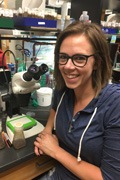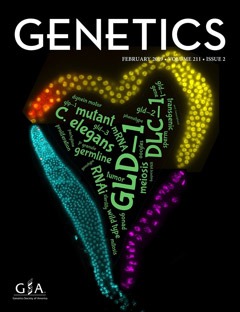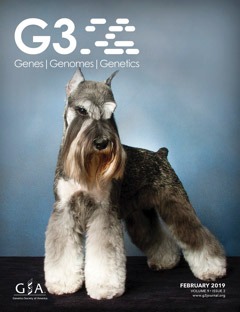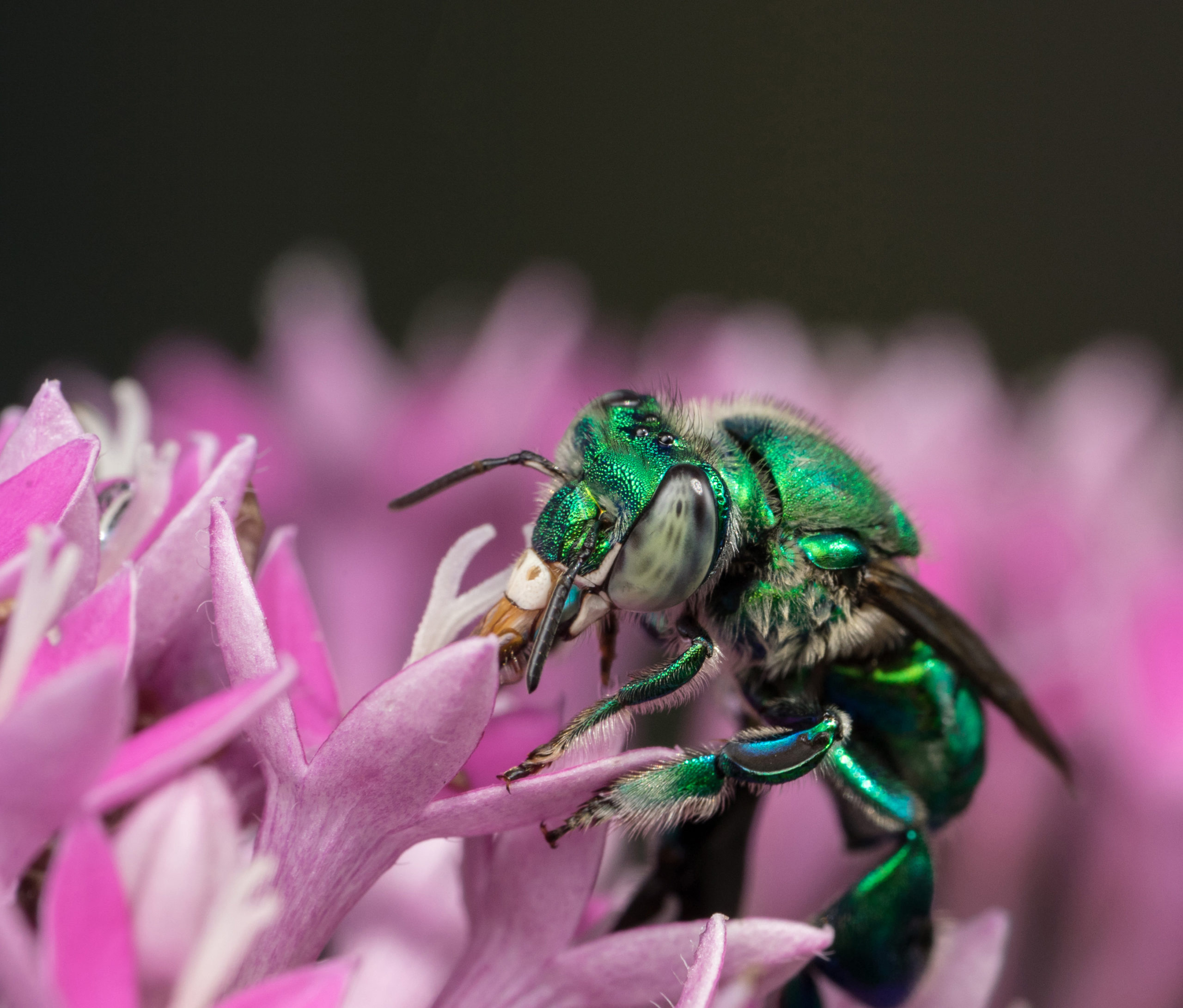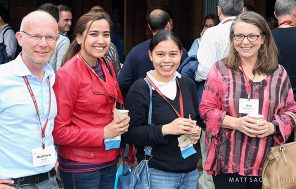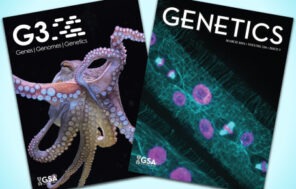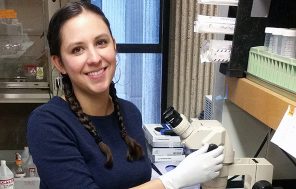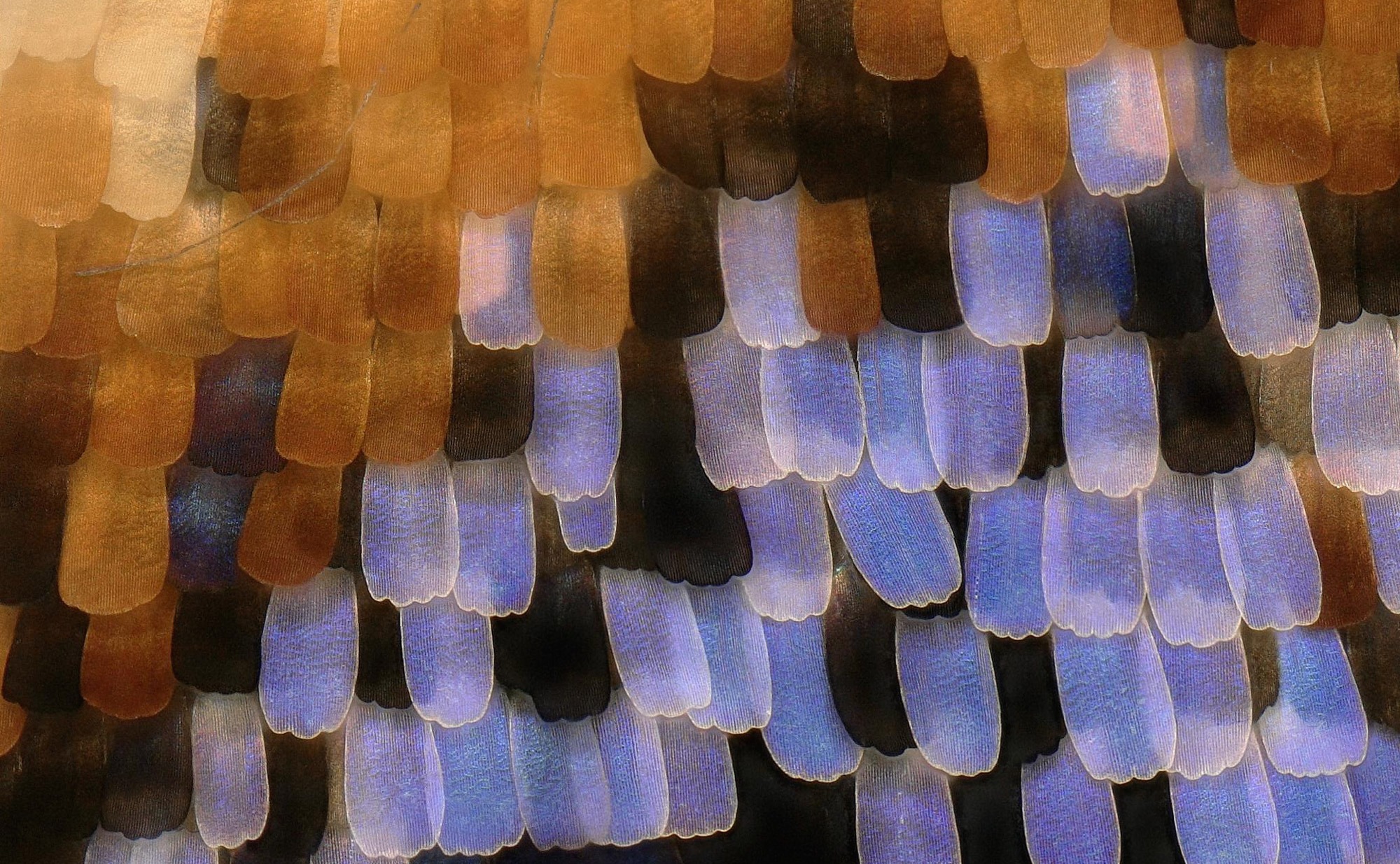News & Events
Conferences
GSA conferences foster collaboration, resource development, and the spread of technology and ideas.
Publications
Our peer-reviewed journals GENETICS and G3: Genes|Genomes|Genetics publish high-quality, original genetics research across the breadth of the field.
Career Development
GSA professional development programs provide rich opportunities for scientists to gain skills and experience.
Come to a conference!
Find and post jobs.
Jobseekers:
Looking for a job, postdoc, studentship, or internship? Post a resume, apply for jobs, and sign up for job alerts!
Employers:
Reach a broad range of biologists at all career stages and from all sectors. Postdoc and student positions can be posted free of charge.
Latest job postings:
- Lecturer / Senior Lecturer in Genomics – Monash University (Melbourne, Australia) | Monash University - School of Biological Sciences
- Tenure Track Assistant Professor in Molecular Genetics | Macalester College
- Assistant Professor in Plabt Biology | University of Massachusetts
- Pediatric Geneticist | Connecticut Children's Medical Center
- Assistant or Associate Professor, Medical and Cancer Genetics | Fred Hutch Cancer Center
Read the latest.

How understanding the genetic traits of this unique nocturnal creature can help save it from extinction
A new, high-quality genome sequence of the aye-aye genome can help us understand what it needs for future conservation efforts.

Congratulations to the 2025 DeLill Nasser Awardees!
We’re thrilled to announce the Spring 2025 recipients of the DeLill Nasser Award for Professional Development in Genetics! Awarded twice a year, these grants help graduate students and postdocs take the next step in their...

New resources for our mid-career members
The Genetics Society of America continuously evaluates the needs of our community, including members from across career stages. The newly established Engagement and Professional Development Committee (EPDC)—comprised of early career scientists (ECS), mid-career and established...

It was critical that GSA was so willing to put their faith in us. Many people didn’t initially have a lot of confidence that a group of postdocs could organize a new event of this scale.
Learn more

